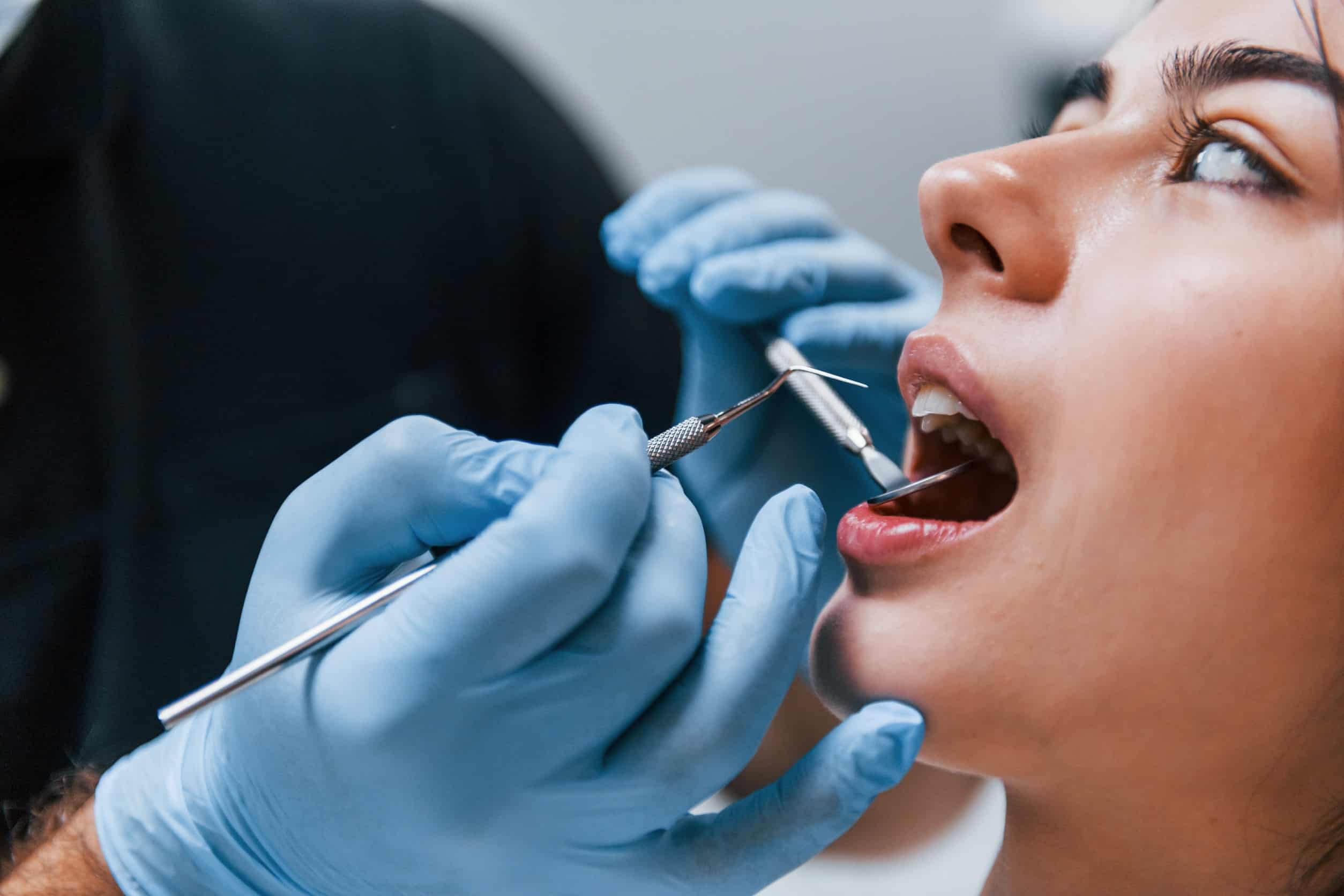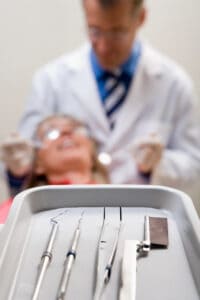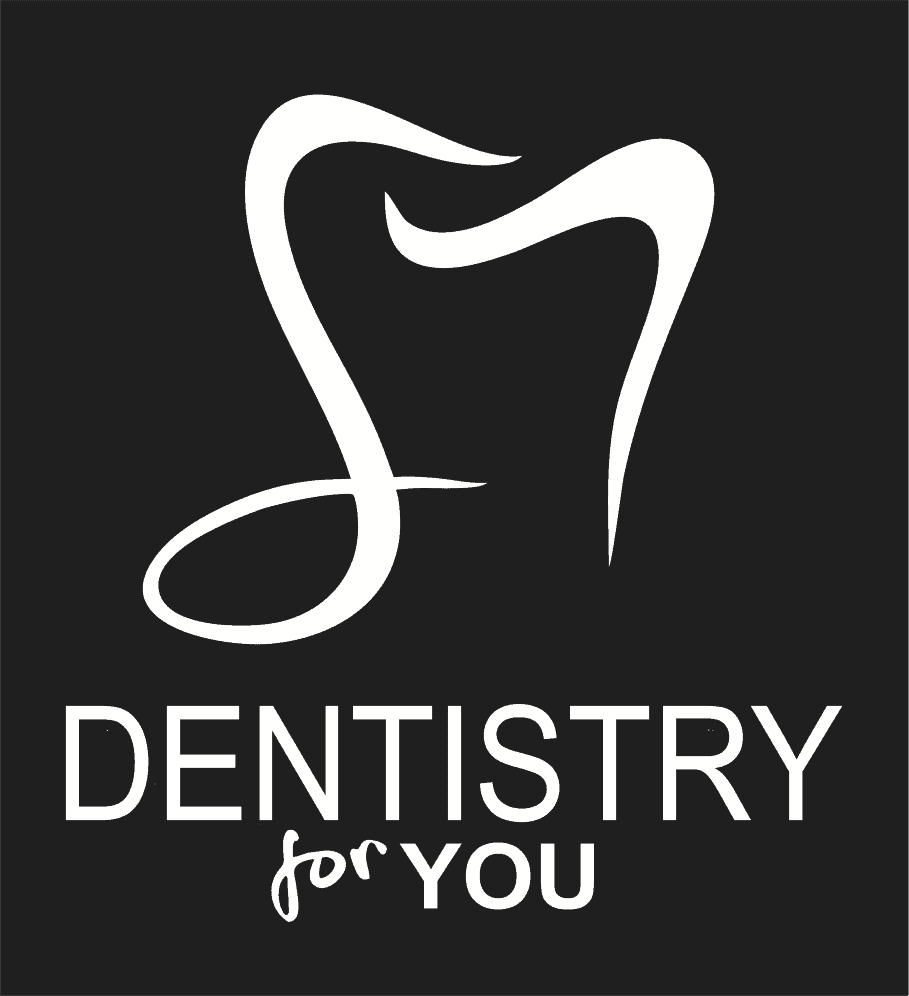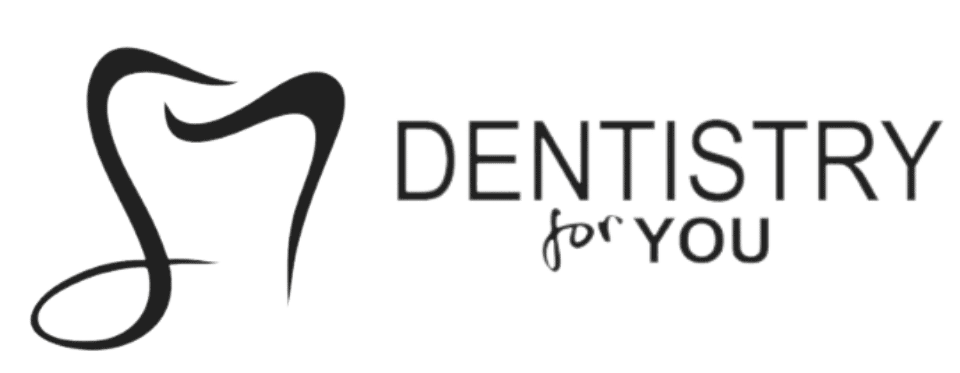
20 Mar How To Know If You Have A Dental Emergency and What To Do Next
How To Know If You Have A Dental Emergency and What To Do Next
In the realm of health, dental emergencies are often overlooked. Yet, when a sudden toothache strikes or an unexpected injury occurs, the importance of prompt action becomes evident. Knowing how to recognize a dental emergency and what steps to take next can make all the difference in preserving oral health and preventing further complications. In this guide, we’ll explore the signs of a dental emergency and provide a roadmap for appropriate actions.
What Constitutes a Dental Emergency?
- Persistent Pain: Toothaches can be indicative of various dental issues, but persistent, severe pain often signals an emergency. Pain that lasts for more than a day or intensifies over time warrants immediate attention.
- Trauma or Injury: Accidents can lead to broken, cracked, or knocked-out teeth. Any trauma to the mouth should be considered an emergency, especially if it causes severe pain or bleeding.
- Bleeding Gums: While minor bleeding during brushing or flossing might not be alarming, persistent or excessive bleeding from the gums could indicate gum disease or other underlying issues requiring urgent care.
- Swelling: Swelling in the gums, face, or neck can be a sign of infection. Infections left untreated can spread rapidly and pose serious health risks. Immediate evaluation is crucial to prevent further complications.
- Loose or Lost fillings/Crowns: If a filling or crown becomes loose or falls out, it can expose the underlying tooth to damage or infection. Seeking prompt dental care can help prevent further deterioration.
- Abscesses: A dental abscess is a pocket of pus caused by a bacterial infection. Symptoms include severe pain, swelling, fever, and a foul taste in the mouth. Abscesses require immediate treatment to prevent the infection from spreading.
What To Do If You Suspect a Dental Emergency
- Assess the Situation: Evaluate the severity of the symptoms. If you’re experiencing intense pain, bleeding, swelling, or trauma to the mouth, it’s likely an emergency. Trust your instincts and seek help promptly.
- Contact Your Dentist: Call your dentist’s office and explain the situation. Many dental practices set aside time for emergency cases and will prioritize your appointment. If it’s after hours, most dentists provide emergency contact information or have an answering service to assist you.
- Manage Pain and Bleeding: While waiting for your appointment, you can alleviate discomfort and control bleeding with over-the-counter pain relievers like ibuprofen and by applying a cold compress to the affected area. Avoid aspirin for pain relief, as it can increase bleeding.
- Handle a Knocked-Out Tooth: If a tooth has been knocked out, handle it carefully by the crown (the part visible in the mouth) and avoid touching the root. Rinse the tooth gently with water if it’s dirty, but do not scrub or remove any attached tissue. Try to reinsert the tooth into its socket if possible, or keep it moist by placing it in a container of milk or saliva until you can see a dentist.
- Address Swelling and Infection: If you suspect an abscess or notice significant swelling, rinse your mouth with warm saltwater to help reduce bacteria and alleviate discomfort. Avoid applying heat to the affected area, as it can worsen swelling.
- Follow Your Dentist’s Instructions: Once you’ve contacted your dentist and scheduled an appointment, follow any specific instructions provided. They may advise you to take certain steps or precautions to manage your symptoms until your visit.
When to Seek Immediate Medical Attention

While many dental emergencies can be addressed by a dentist, some situations require immediate medical attention:
- Difficulty Breathing or Swallowing: Severe swelling in the mouth or throat can obstruct the airway, making it difficult to breathe or swallow. This is a life-threatening emergency that requires immediate medical intervention.
- Excessive Bleeding: If bleeding from the mouth persists despite efforts to control it, or if it is accompanied by dizziness or lightheadedness, seek emergency medical care.
- Head or Neck Trauma: Injuries to the head or neck can have serious consequences beyond dental issues. If you experience trauma to these areas, seek emergency medical attention immediately.
- Signs of Infection: Symptoms of a severe infection, such as high fever, severe pain, rapid swelling, or difficulty breathing, require immediate medical evaluation. Infections left untreated can spread to other parts of the body and lead to serious complications.
Preventing Dental Emergencies
While some dental emergencies are unavoidable, there are steps you can take to reduce your risk:
- Maintain Good Oral Hygiene: Brushing twice a day, flossing daily, and visiting your dentist regularly for check-ups and cleanings can help prevent many dental issues before they become emergencies.
- Wear Protective Gear: If you participate in sports or activities that carry a risk of dental injury, wear a mouthguard to protect your teeth from trauma.
- Avoid Chewing Hard Foods: Be cautious when eating hard or sticky foods, as they can damage teeth or dental restorations.
- Quit Smoking: Smoking increases the risk of gum disease, oral infections, and other dental problems. Quitting smoking can improve your oral health and reduce the likelihood of dental emergencies.
Final Thoughts
Recognizing a dental emergency and knowing how to respond can mean the difference between saving and losing a tooth, preventing serious complications, and preserving your overall health. By understanding the signs of a dental emergency and taking prompt action, you can protect your smile and ensure that your oral health remains a priority. Remember, if you’re ever unsure whether your symptoms constitute a dental emergency, it’s better to err on the side of caution and seek professional evaluation. Your dentist is your partner in maintaining a healthy smile for life.




Sorry, the comment form is closed at this time.